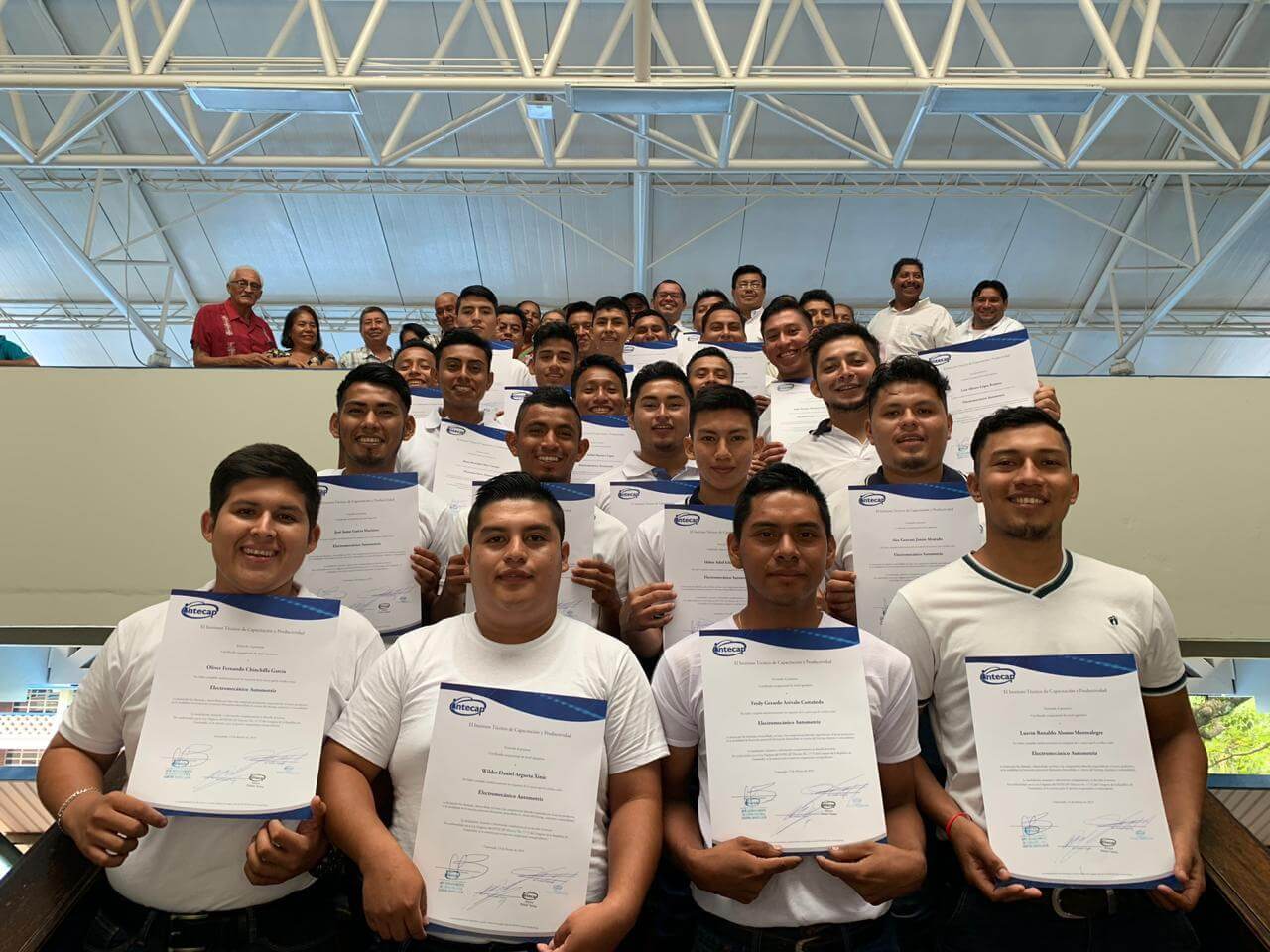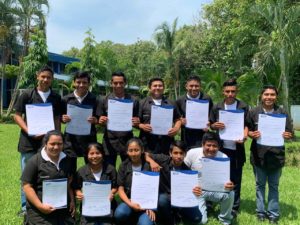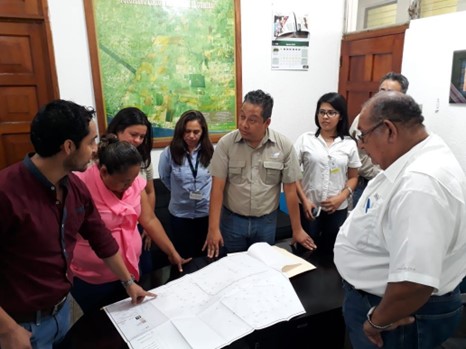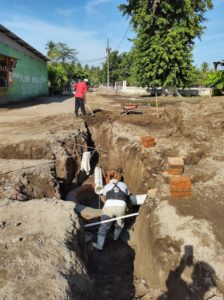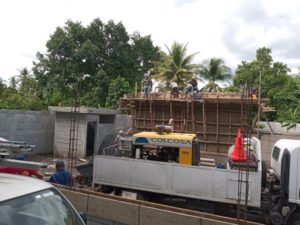The Sugarcane Agroindustry in Guatemala utilizes waste in a Circular Economy system. A clear example of this practice is the use of sugarcane bagasse as a valuable source for renewable energy generation.
Circular Economy aims to promote the reuse, recycling, and renewal of resources instead of following the traditional “use and dispose” model. Sugarcane bagasse is a fibrous residue left as a byproduct after extracting sugarcane juice in the sugar industry. Instead of being discarded, sugar mills use this residue for renewable energy generation.
Sugarcane bagasse is used as fuel in boilers to generate steam. This steam is then used to produce electricity through a process called cogeneration. This form of renewable energy generation offers multiple benefits for both the Sugarcane Agroindustry and the environment.

Renewable Energy vs. Fossil Fuels
By harnessing sugarcane bagasse as an energy source, the need for using fossil fuels like coal or oil to produce electricity is reduced. This contributes to the diversification of energy sources and reduces the emission of greenhouse gases, thus aiding in the fight against climate change.
Fossil fuels are non-renewable natural resources formed over millions of years; burning them releases significant amounts of carbon dioxide (CO2) and other greenhouse gases into the atmosphere. The gradual shift away from fossil fuels in favor of renewable energy is crucial to addressing current environmental and social challenges.

The utilization of sugarcane bagasse as a source of renewable energy is a concrete and successful example of how circular economy can be integrated into agroindustry to promote more sustainable practices.
By turning waste into a valuable resource, energy generation from sugarcane bagasse benefits both the Sugarcane Agroindustry in Guatemala and the environment. This practice can serve as a model for other industries and pave the way for a more circular and planet-friendly economy.







